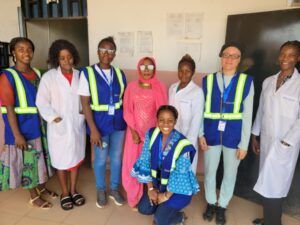
International Mother Language Day is celebrated annually on February 21 to promote linguistic and cultural diversity. This day recognizes the importance of mother tongues and the role they play in preserving heritage, promoting communication, and fostering inclusivity worldwide. The celebration International Mother Language Day is commemorated this year under the theme: Multilingual Education is a Pillar of Intergenerational Learning, and aims to raise awareness about linguistic diversity and multilingualism while encouraging people to embrace and value their native languages.
In 1999, the United Nations Educational, Scientific and Cultural Organization (UNESCO) officially declared February 21st as International Mother Language Day, commemorating the Language Movement and emphasizing the significance of linguistic diversity, since then, this day has been observed globally to promote the preservation and protection of mother tongues.
On this day, various events and activities take place worldwide to promote linguistic diversity. Grace Charitable and Rehabilitation Organization (GRACARO) visited some schools in Bamenda, emphasizing on the importance of knowing how to speak your dialect. It was indeed an interactive moment as the pupils of Innovative Primary School and Presbyterian School Up Station, Bamenda expressed joy. As a result of the commemoration, the pupils received pens, pencils, sharpeners, erasers and chalk from GRACARO as a means to aid learning in the institutions.
The day encourages people to recognize and appreciate the importance of their mother tongues. It serves as a reminder that linguistic diversity should be celebrated and protected, as it contributes to the richness of human civilization. It encourages governments, policymakers, and communities to develop policies and initiatives that support linguistic diversity, ensure language rights, and provide equal opportunities for all individuals to learn and use their mother tongues.
By embracing and valuing our native languages, we contribute to a more inclusive and harmonious global society, where every voice is heard and respected.